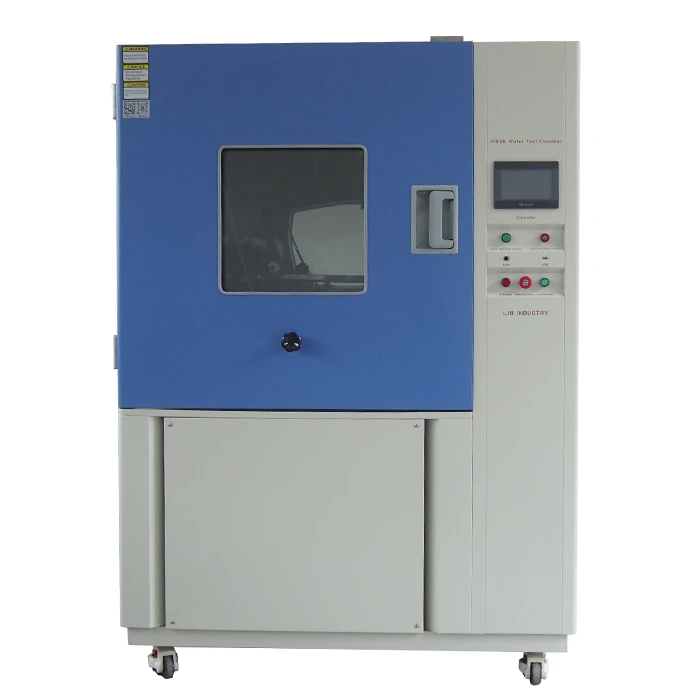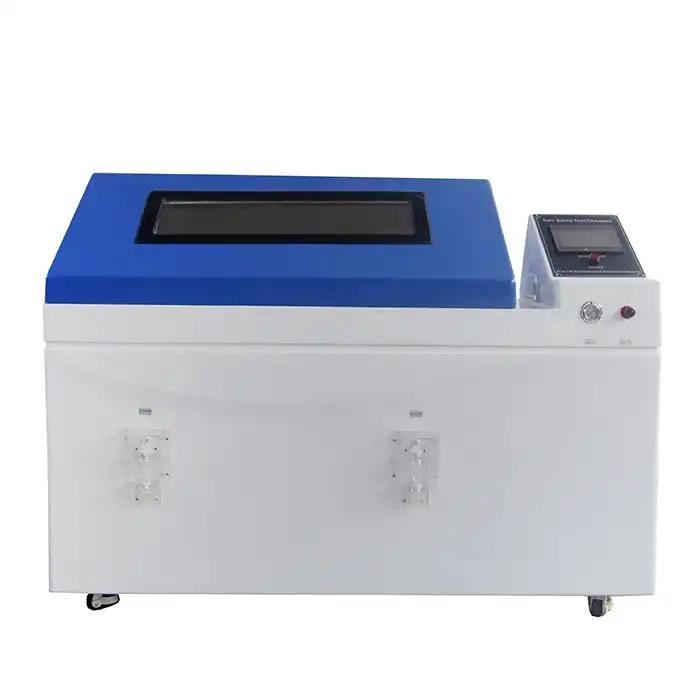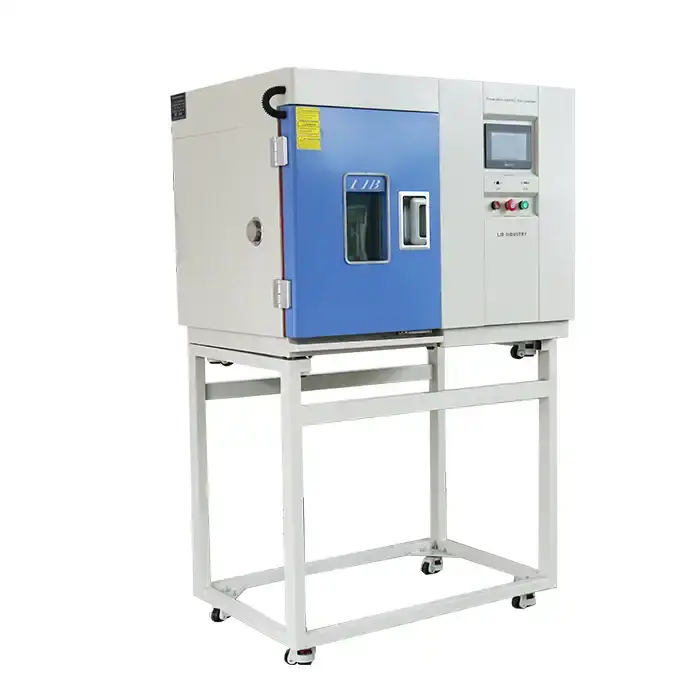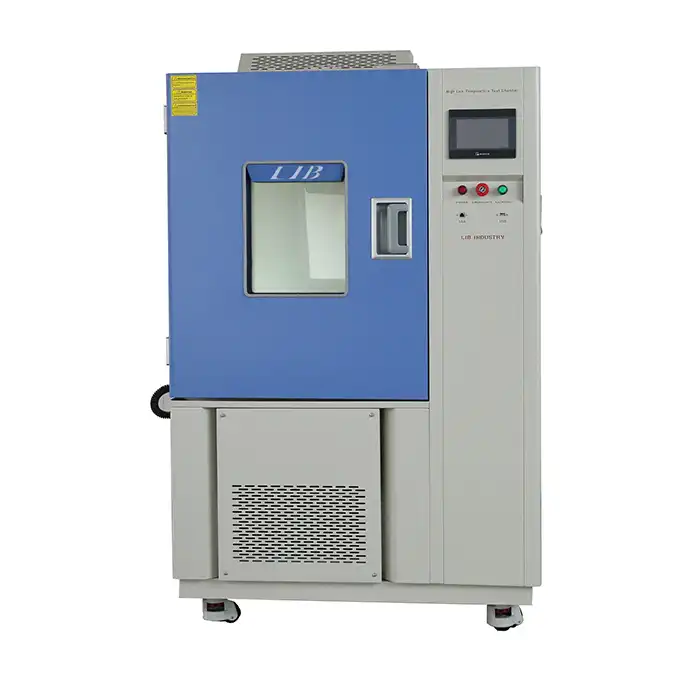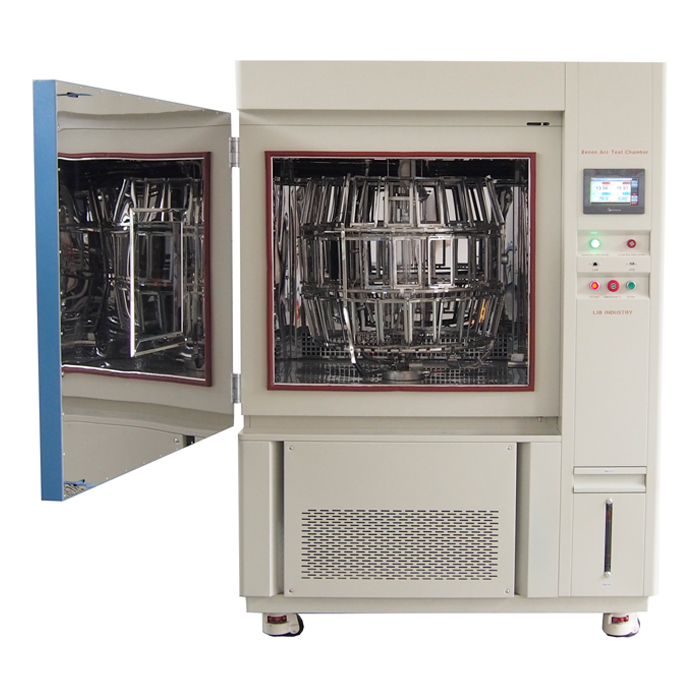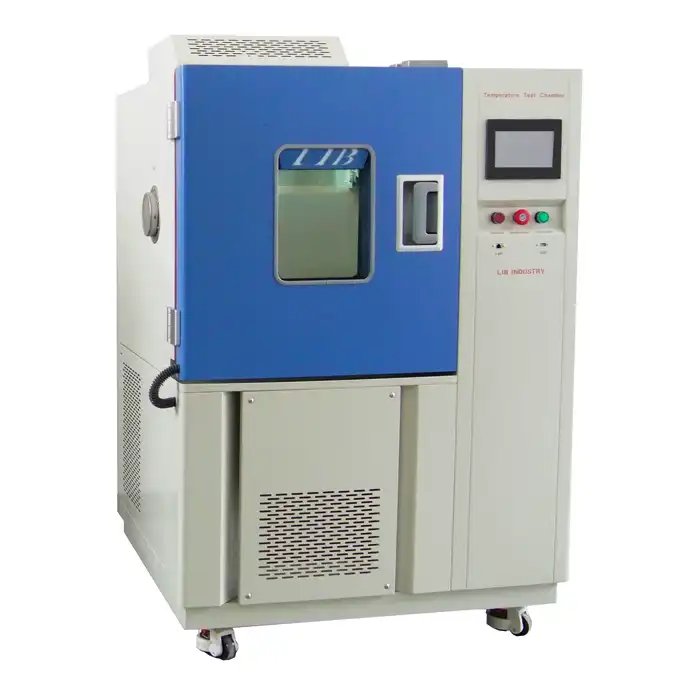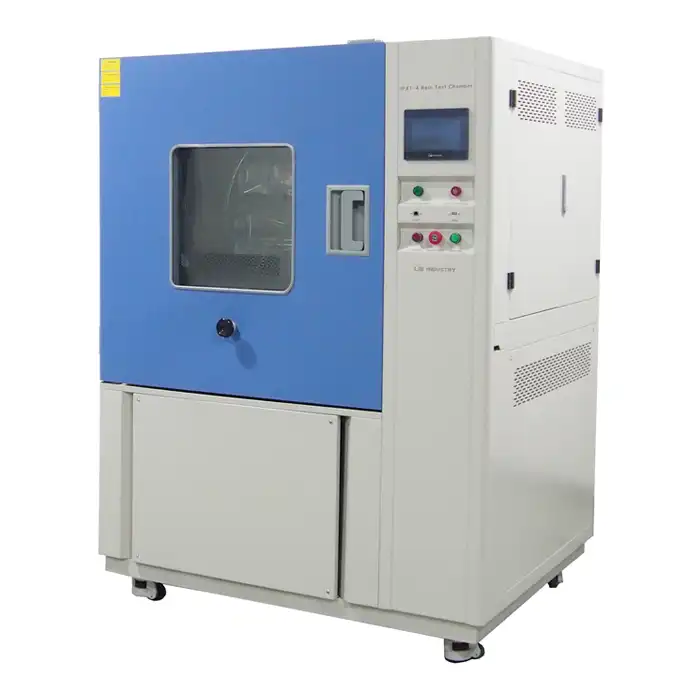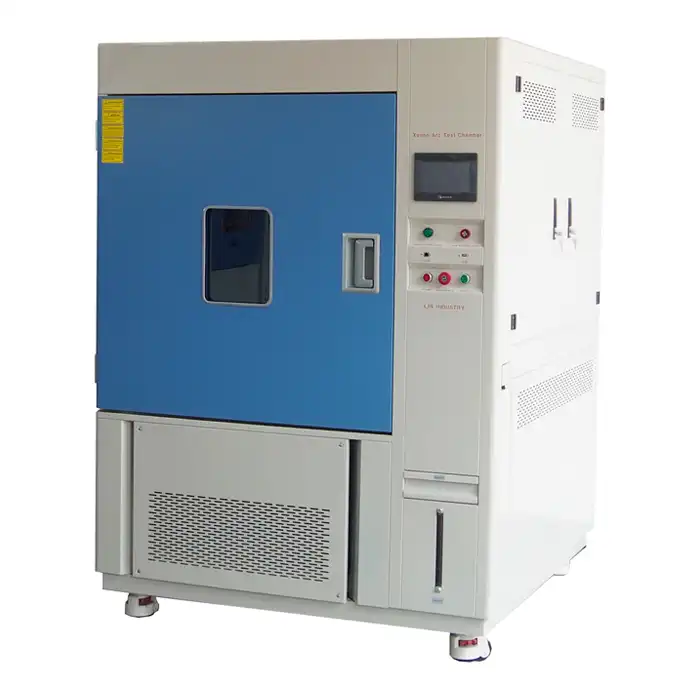What is a pv environmental chamber?
In the realm of environmental testing, "PV" stands for "Photovoltaic." A PV environmental chamber is a specialized testing apparatus designed to simulate environmental conditions for photovoltaic modules, ensuring their durability and performance under various climatic conditions. This blog will delve into the specifics of what a PV environmental chamber is, its key components and functions, and the benefits it offers for photovoltaic testing.
What Is the PV Environmental Chambers?
PV environmental chambers are specialized testing environments designed to assess the performance and durability of photovoltaic (solar) panels and modules. These chambers simulate a range of environmental conditions to ensure that solar panels can withstand real-world scenarios and maintain their efficiency over time. Here’s an in-depth look at their key features and functions:
Temperature Control
Temperature variations are a critical factor in the performance of photovoltaic panels. PV environmental chambers are equipped to replicate a wide spectrum of temperatures, from extreme cold to intense heat. This temperature control is vital for testing how solar panels react to thermal stress. Panels must perform efficiently not just in ideal conditions but also in fluctuating temperatures that can cause expansion and contraction. By exposing panels to these simulated conditions, manufacturers can gauge their thermal resistance and endurance. This testing helps in identifying potential issues like thermal cycling, which can lead to mechanical failures or performance degradation.
Humidity Regulation
Humidity is another significant factor affecting the longevity and efficiency of solar panels. High humidity and moisture can lead to corrosion, mold growth, and electrical failures in photovoltaic modules. PV environmental chambers are equipped with advanced humidity regulation systems to simulate various moisture levels and condensation scenarios. This allows for comprehensive testing of how panels withstand exposure to high humidity environments. By assessing the impact of moisture over extended periods, researchers and manufacturers can determine how well panels resist potential damage and degradation, ensuring their reliability in diverse weather conditions.
Solar Simulation
To accurately test the performance of photovoltaic cells, PV environmental chambers often include solar simulators. These simulators replicate the spectrum and intensity of natural sunlight, providing a controlled environment to assess the electrical output and efficiency of solar panels. Solar simulators are crucial for determining how panels perform under different light conditions, including varying intensities and angles of sunlight. This feature allows for precise evaluation of panel efficiency, ensuring that the panels generate optimal power under real-world lighting conditions.
Additional Features
In addition to these core functions, PV environmental chambers may also offer other advanced features such as:
- Wind Simulation: Some chambers can simulate wind conditions to test the mechanical stability of solar panels under wind load.
- Rain Testing: Chambers may include systems to simulate rain or water exposure, assessing the panel's waterproofing and drainage capabilities.
- UV Exposure: Testing the effects of ultraviolet (UV) radiation on the panels helps in understanding how prolonged exposure to sunlight impacts their performance and longevity.
What Are the Key Components and Functions of PV Environmental Chamber?
A PV environmental chamber is a sophisticated piece of equipment designed to simulate a range of environmental conditions to test photovoltaic (solar) panels and modules. The effectiveness of these chambers relies on several key components, each playing a crucial role in creating a controlled testing environment. Here’s an in-depth look at the primary components and their functions:
Chamber Enclosure
The chamber enclosure is the main body of the PV environmental chamber, providing a controlled and sealed environment for testing. Constructed from high-quality, durable materials such as stainless steel or aluminum, the enclosure is designed to withstand extreme temperatures and maintain the integrity of the internal conditions. Its structure is built to minimize external influences, ensuring that the conditions within the chamber accurately replicate the desired environmental scenarios. The enclosure is also equipped with access ports and observation windows that allow for the insertion of test samples and real-time monitoring without compromising the chamber's controlled environment.
Temperature and Humidity Control Systems
These systems are crucial for maintaining the precise environmental conditions required for testing. The temperature control system consists of heating and cooling elements, along with advanced thermostats and temperature sensors, to regulate and maintain a wide range of temperatures. This allows for the simulation of extreme cold and heat conditions, testing the thermal performance of photovoltaic panels.
The humidity control system includes humidifiers and dehumidifiers, as well as hygrometers and humidity sensors. This system regulates the moisture levels within the PV environmental chamber, enabling the simulation of various humidity conditions. Consistent and precise control of both temperature and humidity is essential for accurately assessing how photovoltaic modules perform and endure under different environmental conditions.
Solar Simulator
The solar simulator is a critical component that replicates natural sunlight to test the performance of photovoltaic panels. Using advanced lighting technology, such as xenon arc lamps or LED arrays, the simulator provides a controlled and consistent light source with specific intensity and spectral qualities. This allows for the simulation of different light conditions, including varying intensities and angles of sunlight. The solar simulator ensures that photovoltaic panels are exposed to realistic lighting scenarios, enabling accurate measurement of their electrical output and efficiency.
Data Acquisition System
The data acquisition system is a sophisticated setup that collects and records a wide range of data during the testing process. Equipped with various sensors and measurement devices, this system monitors parameters such as:
- Temperature: Tracking internal and external temperature variations.
- Humidity: Measuring the levels of moisture in the chamber.
- Light Intensity: Recording the intensity and spectrum of light provided by the solar simulator.
- Electrical Output: Assessing the voltage, current, and overall electrical performance of the photovoltaic modules.
The data acquisition system processes and stores this information, providing valuable insights into the performance and durability of the tested solar panels. The data collected can be analyzed to evaluate the impact of environmental conditions on the panels and to identify potential issues or areas for improvement.
What Are the Benefits of Using PV Environmental Chambers?
Utilizing PV environmental chambers offers numerous benefits for both manufacturers and researchers in the photovoltaic industry. Here are some of the primary advantages:
Enhanced Reliability Testing
By simulating real-world environmental conditions, these chambers allow for rigorous testing of photovoltaic modules. This helps in identifying potential issues and improving the design and durability of solar panels.
Performance Optimization
The controlled environment of a PV environmental chamber enables precise measurement of the electrical performance of photovoltaic cells. This information is crucial for optimizing the efficiency and output of solar panels.
Accelerated Testing
PV environmental chambers can simulate long-term exposure to various conditions in a relatively short period. This accelerates the testing process, allowing manufacturers to bring new products to market more quickly.
Compliance with Standards
Many international standards and certifications for photovoltaic modules require testing under specific environmental conditions. PV environmental chambers help manufacturers meet these requirements, ensuring their products are certified for global markets.
Conclusion
In conclusion, PV environmental chambers play a vital role in the development and testing of photovoltaic modules. By providing a controlled environment that replicates real-world conditions, these chambers help ensure the reliability, performance, and longevity of solar panels. Whether you're a manufacturer looking to optimize your products or a researcher studying the effects of environmental factors on photovoltaic cells, PV environmental chambers are an indispensable tool in the quest for sustainable energy solutions.
For more information on PV Environmental Chambers and how they can benefit your testing processes, feel free to contact us at info@libtestchamber.com. Our team at Xian LIB is dedicated to providing turn-key solutions for all your environmental testing needs.
References
1. Rohatgi, A., & Peibst, R. (2016). "Photovoltaic (PV) Performance Testing." Journal of Renewable Energy Research, 22(4), 403-418.
2. Liu, J., & Liang, J. (2019). "Understanding the Impact of Environmental Conditions on Photovoltaic Module Reliability: A Comprehensive Review." Renewable and Sustainable Energy Reviews, 101, 369-388.
3. Kumar, P., & Kaur, R. (2020). "Advanced Environmental Testing Chambers for Photovoltaic Modules: Features and Functions." International Journal of Solar Energy Technology, 15(2), 115-126.
4. Zhang, Y., & Zhang, T. (2021). "Performance Evaluation of Photovoltaic Modules in Controlled Environmental Conditions." Energy Reports, 7, 202-210.
5. International Electrotechnical Commission (IEC). (2022). "IEC 61215:2016 - Crystalline Silicon Terrestrial Photovoltaic (PV) Modules – Design Qualification and Type Approval." IEC Standards.



